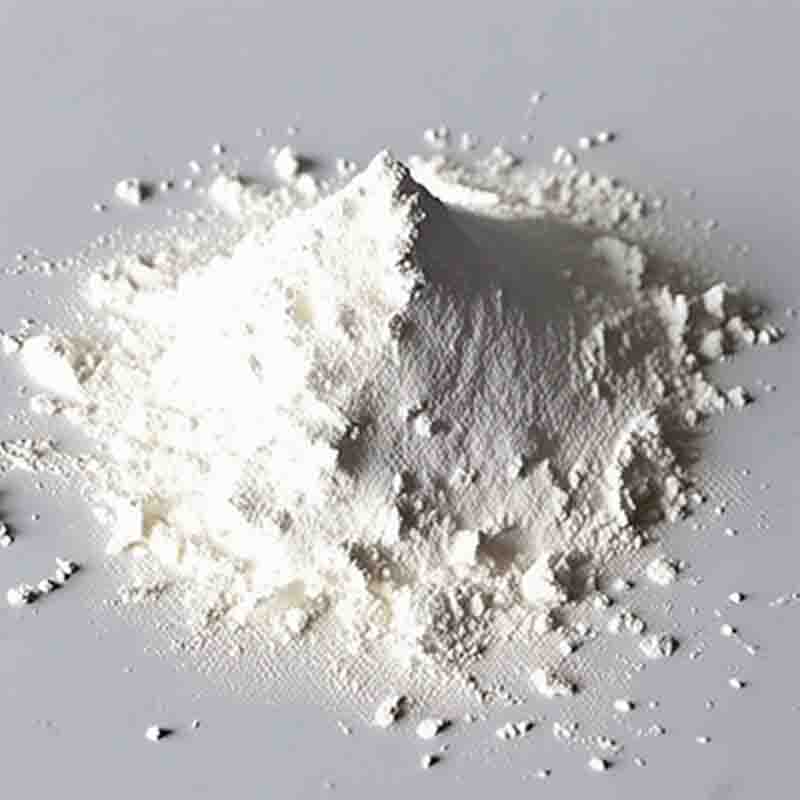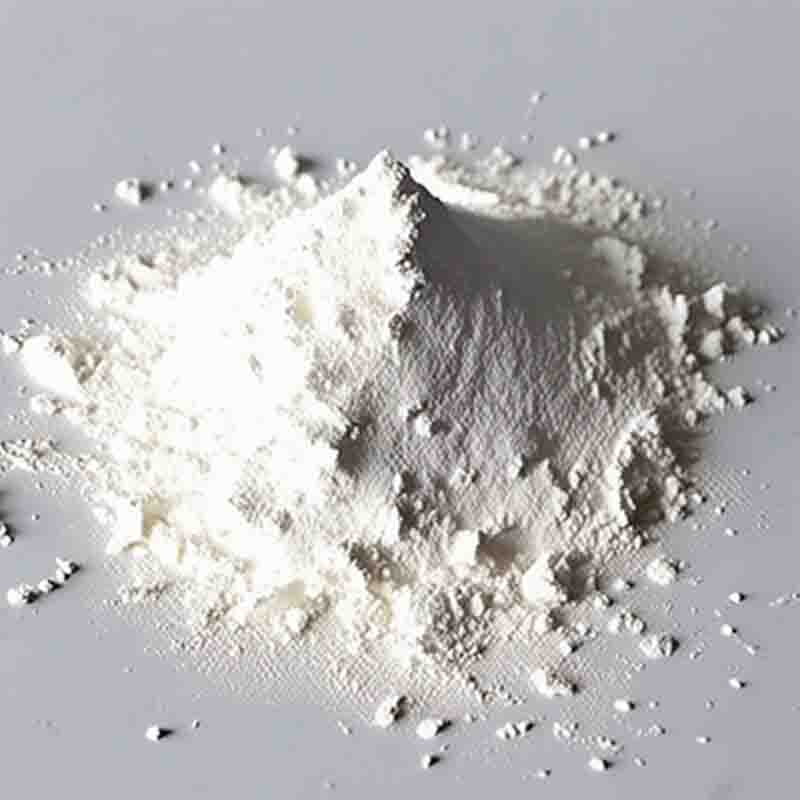Cytosine CAS:71-30-7
| Catalog Number | XD95803 |
| Product Name | Cytosine |
| CAS | 71-30-7 |
| Molecular Formula | C4H5N3O |
| Molecular Weight | 111.1 |
| Storage Details | Ambient |
Product Specification
| Appearance | White powder |
| Assay | 99% min |
Cytosine is a pyrimidine base that is one of the four nucleotide bases found in DNA and RNA. It plays a critical role in the genetic code and regulation of various biological processes. Here, we will discuss the effects and functions of cytosine.One of the primary effects of cytosine is its role in base pairing within the DNA double helix. Cytosine forms specific hydrogen bond interactions with guanine, creating a complementary base pair. This base pairing is essential for the stability and integrity of DNA strands and plays a crucial role in DNA replication and transcription. Any changes or mutations in the cytosine-guanine base pair can have significant consequences for genetic information, potentially leading to genetic disorders or diseases.Cytosine is also involved in epigenetic modifications. Methylation of cytosine residues is a widespread epigenetic modification that plays a key role in the regulation of gene expression. When cytosine is methylated, it can affect the accessibility of DNA to transcription factors and other regulatory proteins. Methylation of certain cytosine residues can lead to the silencing of genes, while demethylation can activate gene expression. These epigenetic changes determine cell differentiation during development, and abnormalities in cytosine methylation patterns have been implicated in various diseases, including cancer.Furthermore, cytosine can undergo chemical modifications that impact its functions and interactions within DNA and RNA. For example, deamination of cytosine can convert it to uracil, leading to a mispairing with adenine during DNA replication. This chemical conversion is a common source of mutations and can have profound consequences for genetic stability and integrity. Some DNA repair mechanisms have evolved to correct deaminated cytosine residues and prevent the accumulation of mutations.In summary, cytosine plays a crucial role in DNA and RNA structure, genetic code, and gene regulation. Its base pairing properties, involvement in epigenetic modifications, and susceptibility to chemical alterations make it an essential component of genetic information and determine cellular functions and development. Understanding the effects and functions of cytosine is vital for elucidating the mechanisms of genetic diseases, epigenetic regulation, and DNA repair processes.




![3,9-Bis(1,1-dimethyl-2-hydroxyethyl)-2,4,8,10-tetraoxaspiro[5.5]undecane CAS:1455-42-1](https://cdn.globalso.com/xdbiochems/白色粉末21332.jpg)
![1-(4-Methoxyphenyl)-7-oxo-6-[4-(2-oxopiperidin-1-yl)phenyl]-4,5,6,7-tetrahydro-1H-pyrazolo[3,4-c]pyridine-3-carboxylic acid ethyl ester CAS: 503614-91-3](https://cdn.globalso.com/xdbiochems/白色粉末1109.jpg)



